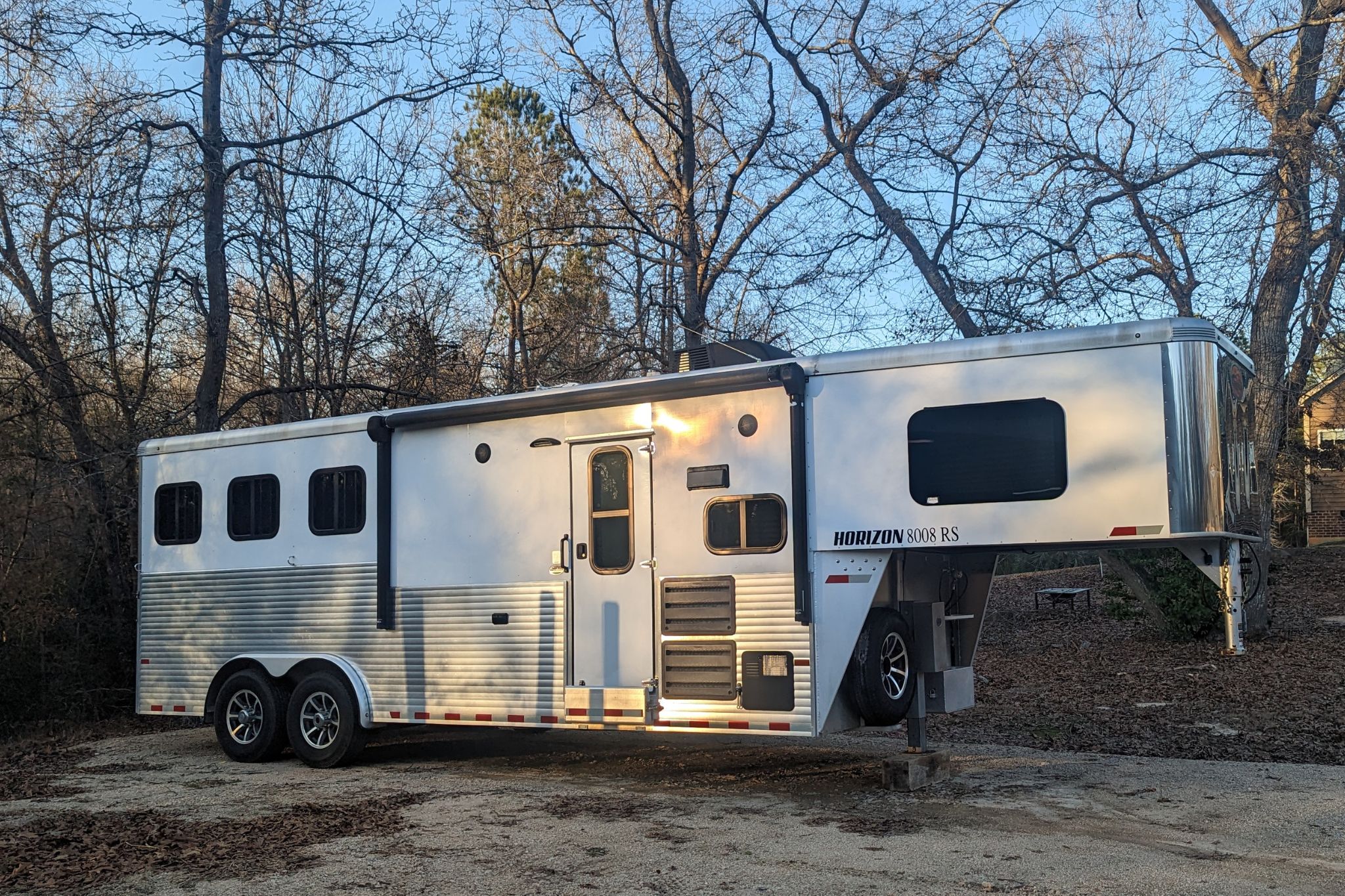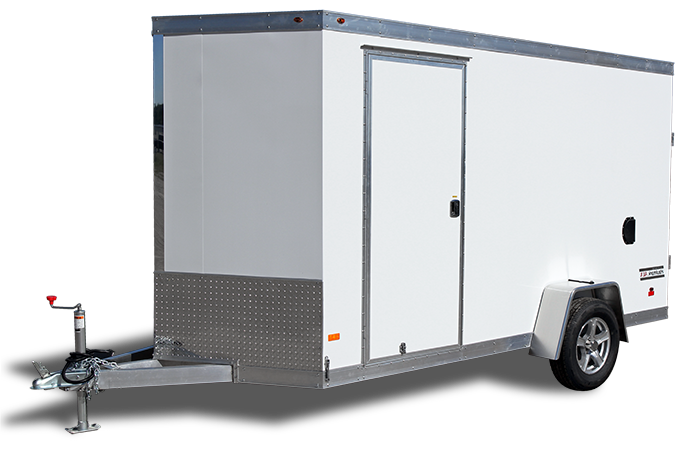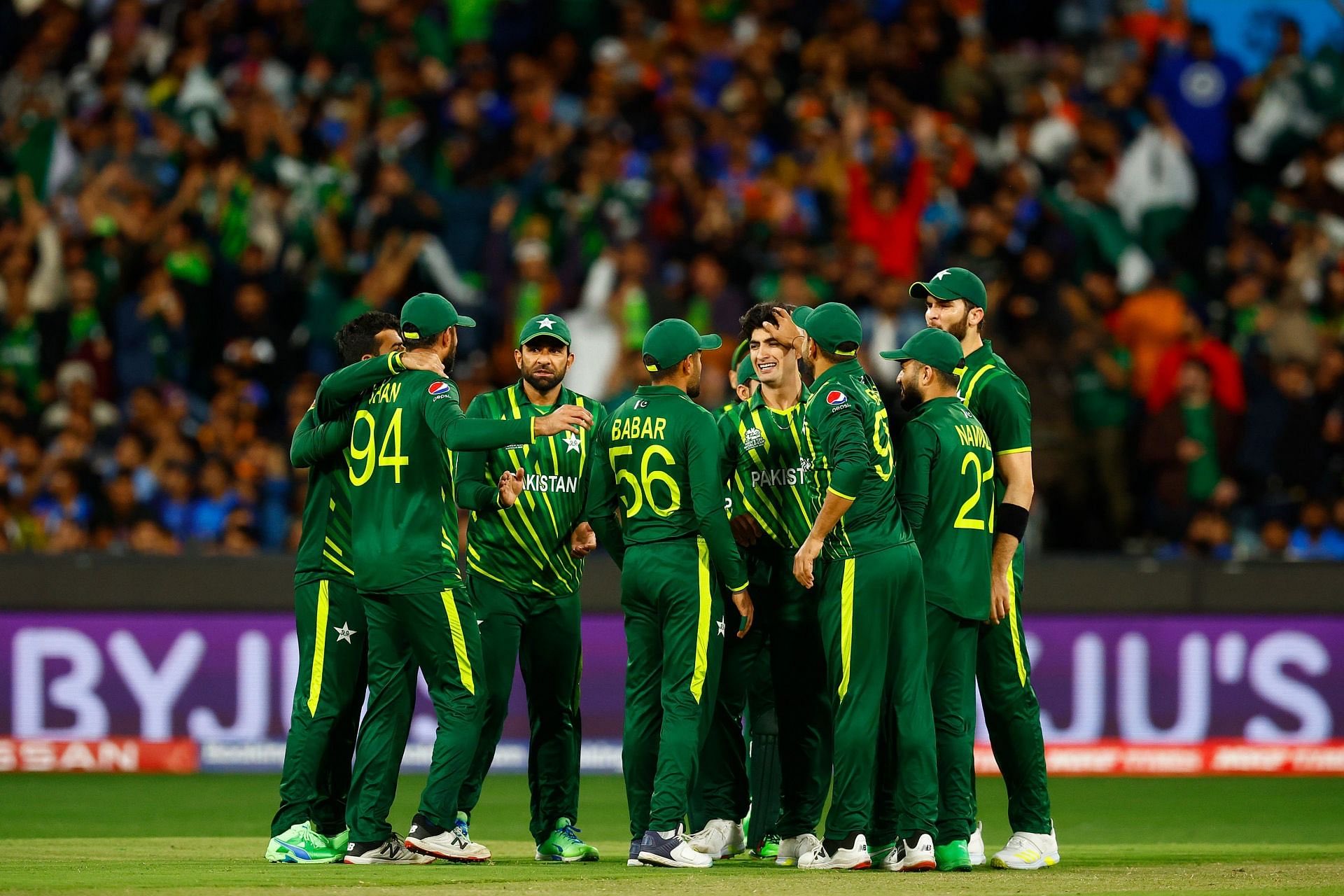When towing a trailer, ensuring that the lights are functioning properly is essential for safety and compliance with road regulations. However, the right equipment is needed to get the job done efficiently, including a good quality trailer light extension cable. This guide will help you navigate the complexities of selecting the right trailer light extension cable for your needs.
Understanding Trailer Light Extension Cables
Trailer light extension cables are crucial for connecting the electrical system of the towing vehicle with that of the trailer. They ensure that signals for brake lights, turn signals, and tail lights are communicated effectively, enhancing safety on the road.
Types of Trailer Light Extension Cables

Before choosing an extension cable, it’s important to understand the different types available:
- 4-Way Flat Connector: This is the most common type for smaller trailers. It includes connections for the tail lights, brake lights, and turn signals.
- 5-Way Flat Connector: This includes all the functions of a 4-way connector plus an additional wire for a spare function, usually for a reverse light.
- 6-Way Round Connector: Commonly used for larger trailers, it supports electric brakes and auxiliary power.
- 7-Way Round Connector: This is often found in heavier-duty applications and supports multiple functions, including brakes, lights, and battery charging.
Factors to Consider When Choosing a Trailer Light Extension Cable

Choosing the right trailer light extension cable involves several key considerations:
1. Compatibility
Ensure that the cable is compatible with both your towing vehicle and the trailer. Check the connector type and pin configuration to avoid any mismatches.
2. Cable Length
The length of the cable is essential. It must be long enough to reach from the vehicle’s connector to the trailer’s connector without being overly slack or taut. Common lengths range from 4 feet to 25 feet.
3. Wire Gauge

The wire gauge affects the current carrying capacity. A lower gauge number indicates a thicker wire that can handle more current. For most trailer applications:
- 16-gauge wire is suitable for small trailers.
- 14-gauge wire is recommended for larger trailers with additional electrical needs.
- 12-gauge wire is ideal for heavy-duty trailers requiring substantial current.
4. Durability

Look for cables that are resistant to environmental factors such as moisture, UV rays, and abrasion. A cable with a protective sheath will enhance longevity.
5. Budget
Prices can vary significantly based on brand, length, and features. Set a budget but consider it an investment in safety and reliability.
Installation Tips for Trailer Light Extension Cables
Once you’ve chosen the right cable, proper installation is crucial for optimal performance:
- Route the Cable Securely: Avoid sharp edges and areas that may cause wear and tear. Use cable ties to secure the cable along the frame of the trailer.
- Check Connections: Ensure that all connectors are clean and free from corrosion. Use dielectric grease to protect against moisture.
- Test Before Use: Always test the lights before hitting the road to ensure all connections are functioning properly.
Common Issues and Troubleshooting
Even with the right cable and installation, issues can arise. Here are some common problems and how to troubleshoot them:
- No Lights: Check for blown fuses, faulty connectors, or a damaged cable.
- Dim Lights: This may indicate a poor connection or a wire gauge that is too small for the load.
- Intermittent Functionality: Often caused by loose connections or frayed wires. Inspect thoroughly.
Case Studies: Real-World Applications

Understanding how others have successfully chosen and used trailer light extension cables can provide valuable insights:
Case Study 1: Small Camping Trailer

A family using a small camping trailer opted for a 4-way flat connector extension cable. They chose a 16-gauge wire and a 10-foot length, which provided ample reach without excess slack. After proper installation and testing, they reported no issues during their camping trips, illustrating the importance of choosing the right gauge and length.
Case Study 2: Heavy-Duty Utility Trailer
A contractor using a heavy-duty utility trailer chose a 7-way round connector cable with a 12-gauge wire. This allowed for electric brakes and auxiliary power for tools. They invested in a high-durability cable, which paid off during long trips and rough weather conditions, showcasing the value of durability in extension cables.
Statistics on Trailer Safety
According to the National Highway Traffic Safety Administration (NHTSA), over 300,000 accidents involving trailers occur annually in the United States. Proper lighting and signaling are critical in reducing these incidents. Ensuring that your trailer lights work effectively through the use of an appropriate extension cable can significantly enhance road safety.
Choosing the right trailer light extension cable is crucial for safe towing. By understanding the different types of cables, considering factors such as compatibility, length, wire gauge, durability, and budget, you can make an informed decision. Proper installation and troubleshooting can further enhance your safety and performance on the road.
Whether you are a weekend camper or a professional contractor, investing time and resources into selecting the appropriate trailer light extension cable will pay off in safety and reliability. Take the time to evaluate your needs, and ensure that your trailer lighting is always up to standard.


